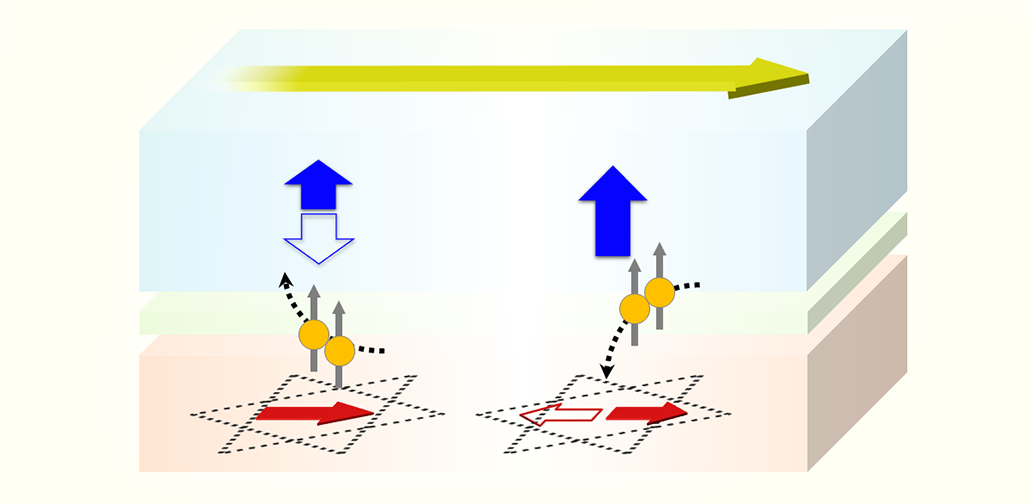BreastScreen SA is marking three decades of service and support to South Australian women, in which they have provided more than 1.9 million screening mammograms to more than 350,000 individual women.
Minister for Health and Wellbeing Stephen Wade said the program had saved the lives of many South Australians by providing free breast cancer screening (breast X-rays) for women primarily aged 50-74, diagnosing more than 11,000 breast cancers over the thirty years.
“Breast cancer is one of the most common causes of cancer deaths in women and increases in frequency with age, with one-in-nine South Australian women diagnosed with breast cancer before the age of 75,” Minister Wade said.
“It is impossible to tell if you have breast cancer in the early stages, and nine-out-of-10 women diagnosed with breast cancer have no family history.
“Providing screening services like BreastScreen SA increases the survival rate, with research showing women who have regular screens reduce their chance of dying from breast cancer by up to 40 per cent.
“I would like to congratulate BreastScreen SA for 30 years of delivering this vital service for South Australian women.”
BreastScreen SA General Manager, Niamh Wade, said BreastScreen SA has grown over the years and now covers every corner of the state, with seven clinics based in Adelaide and three mobile screening units travelling across South Australia.
“The main aim of the program is to detect breast cancer early by providing state-wide population-based screening at no cost to women,” Ms Wade said.
“By engaging in two-yearly screenings, women give themselves the best chance of surviving breast cancer.
“Over the 30 years, we have seen significant changes in screening and assessment technology, as the BreastScreen Australia program has evolved.
“We now use ultrasound extensively and tomosynthesis (3D imaging) where required, which has improved diagnostic accuracy and reduced unnecessary surgical interventions.
“However, no matter how good the technology is, the earlier breast cancer is found, the easier it can be treated.
“A breast screen takes as little as 10 minutes, and it could save your life.”
For more information, go to







